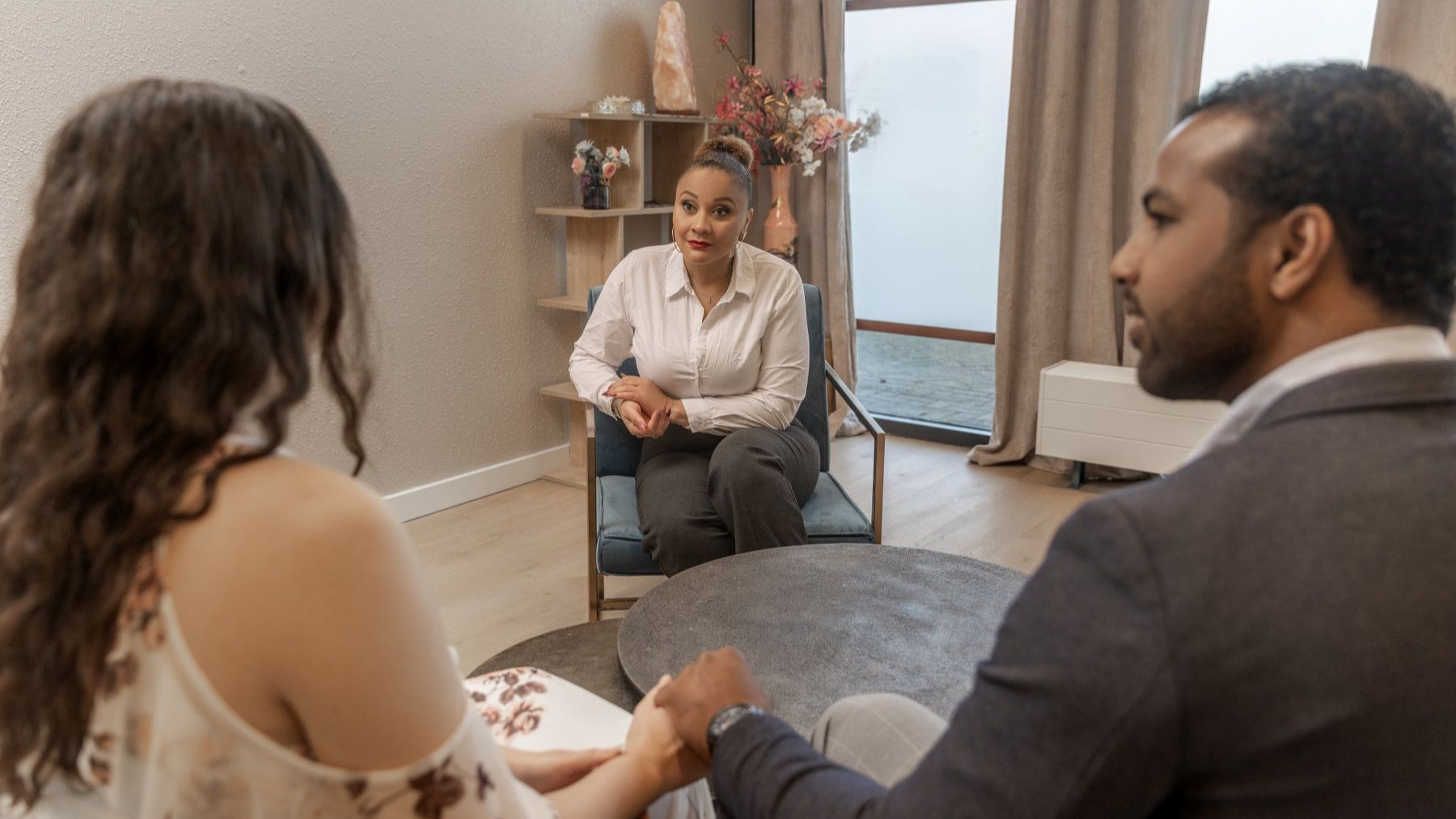by Stan Tatkin, PsyD, MFT
Over the years, I’ve noticed a recurring question among therapists encountering PACT for the first time. It usually sounds something like this: How does PACT fit with what I already know? How does PACT integrate with other models?
PACT is integrative by design, but what m...
By Hans Stahlschmidt, PhD
PACT Dean of Students and Faculty, Senior Core Faculty
Over the last few weeks, I’ve caught myself thinking — again and again — about men. Partly it’s because I’m preparing for an upcoming workshop, and partly it’s because of the version of masculinity that’s been loud in o...
By Hans Stahlschmidt, PhD
PACT Dean of Students and Faculty, Senior Core Faculty
We appreciate moments that signal growth and momentum within the PACT community, and welcoming new faculty is certainly one of them. This year, we’re thrilled to welcome two new clinicians into our faculty: Morgan Hart,...
By Sashi Gerzon-Rose, LPC
PACT Level 3 Therapist
Getting locked into a state of threat and perceiving the other as the enemy during times of dysregulation is a perennial problem for couples. This state is pernicious in its impact, both short- and long-term. In the moment, it prevents crucial collabo...
As the holiday season approaches, many of us are reminded to pause and reflect on gratitude. For PACT Institute cofounder Tracey Boldemann-Tatkin, PhD, AMFT, gratitude is not just a seasonal theme — it’s a daily year-long practice that sustains her as a clinician, partner, and teacher.
Gratitude m...
by Joy A. Dryer, PhD
PACT Certified Clinician, PACT Faculty
This article by Dr. Dryer is excerpted from Chapter 11 (pp. 96–106) in Belonging Through a Psychoanalytic Lens (2021) (1st Ed.), edited by Rebecca Coleman Curtis. Routledge/Taylor & Francis Group.
Out beyond ideas of wrongdoing
and right...
Carolyn Sharp, LICSW
Pact Level III candidate
www.carolynsharp.com
We all know the scene: a couple begin discussing a current challenge for them and are quickly down the rabbit hole of past injuries. “Why do you keep bringing that up?”
Jenny and Michelle have had a tumultuous relationship. They met ...
By Jason Brand, LCSW
PACT Certified Therapist
On my podcast Human Nurture, I set out to take a three-season deep dive into PACT and explore the questions that most perplexed me about the model and about couple therapy. I started at the foundation and worked my way up. Season 1 explored the theoretic...
By Eva Van Prooyen, MFT
PACT Certified Therapist
Healthy, secure relationships are a source of vital energy. PACT therapists know people feel good when they understand how to be successful partners. We are energized by a secure connection to another person. Our need to be securely attached is so pow...
Catherine Seidel, LMFT
PACT Level 3 Therapist
I recently attended a daylong symposium at the UC Davis Vet School on the essentials of equine medicine. Among various topics, the most compelling to me as a horse person and a psychotherapist interested in the neurobiology of attachment was a lecture an...
Last year, PACT faculty member Krista Jordan, PhD, and PACT developer Stan Tatkin, PsyD, MFT, offered a workshop on evidence-based assessment instruments for couple therapists.
In the workshop, Krista and Stan talked about how to integrate brief questionnaires to stimulate conversations, set goals...
By Stan Tatkin, PsyD, LMFT
How do we treat couples, irrespective of their ideologies? The topic here is couple therapist countertransference, my own and perhaps that of my colleagues, recognizing that our professional community holds varied perspectives on the omnipresent cultural divide. How do w...












